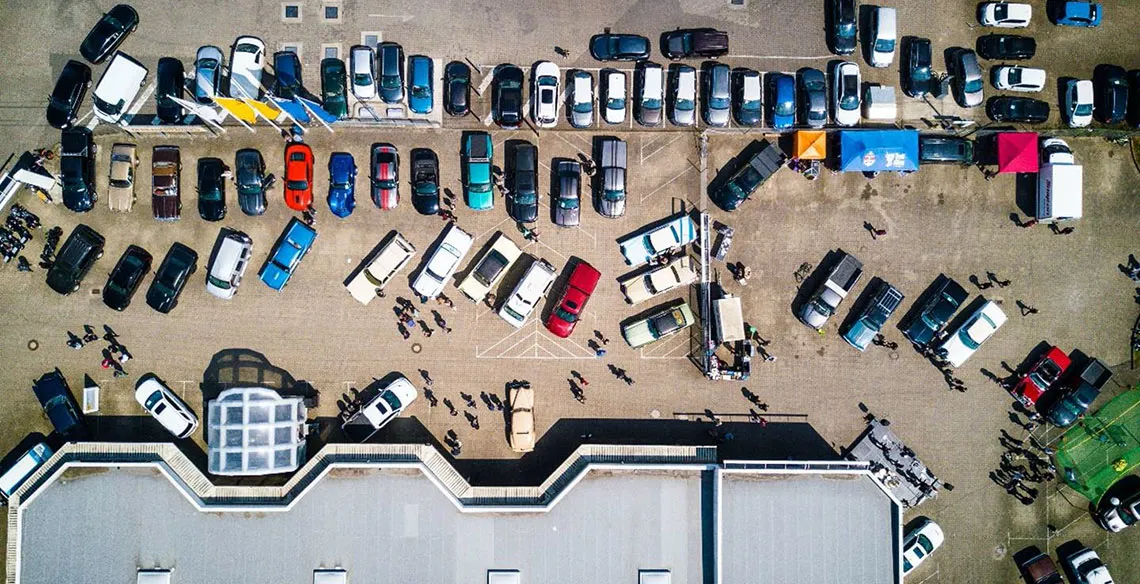Lecture Recap and Video: Kristina Currans on Ubiquitously Incremental and Pernicious: The Dynamic Role of Parking Supply in Increasing Vehicle Use

Kristina M. Currans is assistant professor of urban planning in the College of Architecture, Planning and Landscape Architecture and holds a doctorate in civil engineering from Portland State University. In her research, Dr. Currans explores the intersection between travel behavior and land development, between transportation planning and engineering. She aims to understand why, where and how people do activities through space and time, and how that knowledge can be translated in practical ways that help cities’ build towards their communities’ goals and objectives.
Conventional practices evaluating transportation impacts of land development often overlook the substantial evidence that oversupplied parking further induces vehicle use, especially in areas with existing robust alternative-mode accessibility.
In this lecture, she examines the relationship between residential parking supply and household vehicle use, starting from the literature and extending into applied examples. While conventional engineering and planning practices have historically treated parking as a static mitigation for addressing the transportation impacts of new development, her work indicates that parking supply is and should be treated as a dynamic characteristic of the built environment and a policy-lever for reducing vehicle use in urban, multimodal areas.



